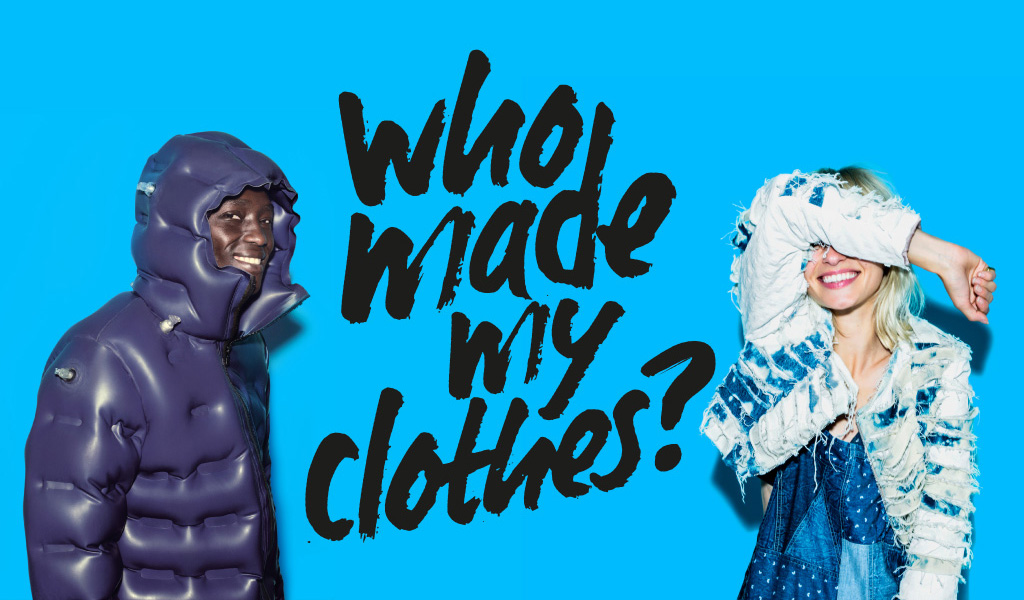We all know our favourite high street brands aren’t exactly the most ethical of retailers, but it seems that most of us are willing to turn a blind eye to this fact in order to gain cheap fashion fixes or a new party outfit. I’ve had this conversation enough times to know that the standard student response to the question of dressing ethically is ‘I really want to but I just can’t afford it’. We are, after all, constrained by student finance’s somewhat ungenerous offerings and the cost of socialising most nights of the week. So isn’t it fair enough that we turn to Primark in our moments of desperation?
Absolutely not. With 170 million children engaged in child labour worldwide, it becomes a tiny bit harder to justify that extra pair of jeans. Of course this statistic isn’t limited only to the fashion industry, but it’s undeniable that fast fashion is a prime reason that unethical trading occurs. Our constant demand for cheap new fads has turned the industry into a race to be the fastest responder, with little concern for the children spending their days picking cotton for our jeans rather than getting an education.
And it’s not just workers in unbearable conditions that are paying the price. The clothing industry is shockingly the second largest polluter in the world, trumped only by the oil industry. At every stage of our production, the environment is being trampled down; from the excessive water wastage used in the production of cotton, to the harmful fuels released to bring our globally produced garments right to our door. What’s worse is the fact that half the clothes we so eagerly buy wind up discarded in a landfill just months later: each year, up to 1 million tonnes of textiles are sent to landfills in the UK alone.
Sounds pretty bleak, I know. But it doesn’t have to be. Sure, most of us don’t really want the hassle of shopping ethically – and I think that’s the issue. We’ve all seen the University’s vintage stalls or strolled past charity shops in town centre. We just don’t have the time and energy to wade through heaps of grandma-style cardigans and poorly fitting jeans. However, if we really thought about our excuses for not dressing ethically, I think a few of us would have to admit they really don’t hold up to much.
Take for example, the limited student budget. Sounds pretty convincing until you consider the fact that most ‘broke’ students are still willing to ‘invest’ in another round of shots or a midday coffee. Besides, ethical shopping saves money; charity shops won’t charge more than £5 for a top, whilst we should all be encouraged to swap and share clothes as much as possible. Or maybe some of us just don’t like the thought of wearing someone’s rejected skirts when Topshop’s latest collection seems so appealing. I relate, honestly. But there are ethical retailers out there, if we just looked a bit harder – think H&M Conscious and Free People. Yes, the price tag might not be such a pretty sight. But surely it’s worth it to start making a difference?
If you join the movement to boycott unethical shops you’ll be in good company. Statistics have shown that 18-34 year olds are the most engaged sustainably, with 1 in 4 of us considering the social and environmental ethics of brands when making decisions. The only way we can really make a difference is if more of us demand ethically produced fashion. If you’re looking for a New Year’s Resolution, perhaps this is the one for you. Or maybe start even sooner and give Topshop the chop. Fashion break up’s are not easy, and I’m not going to lie and tell you otherwise. But, believe me, it is so worth it.
Lydia Varney
Cover Image: fashionrevolution.org

